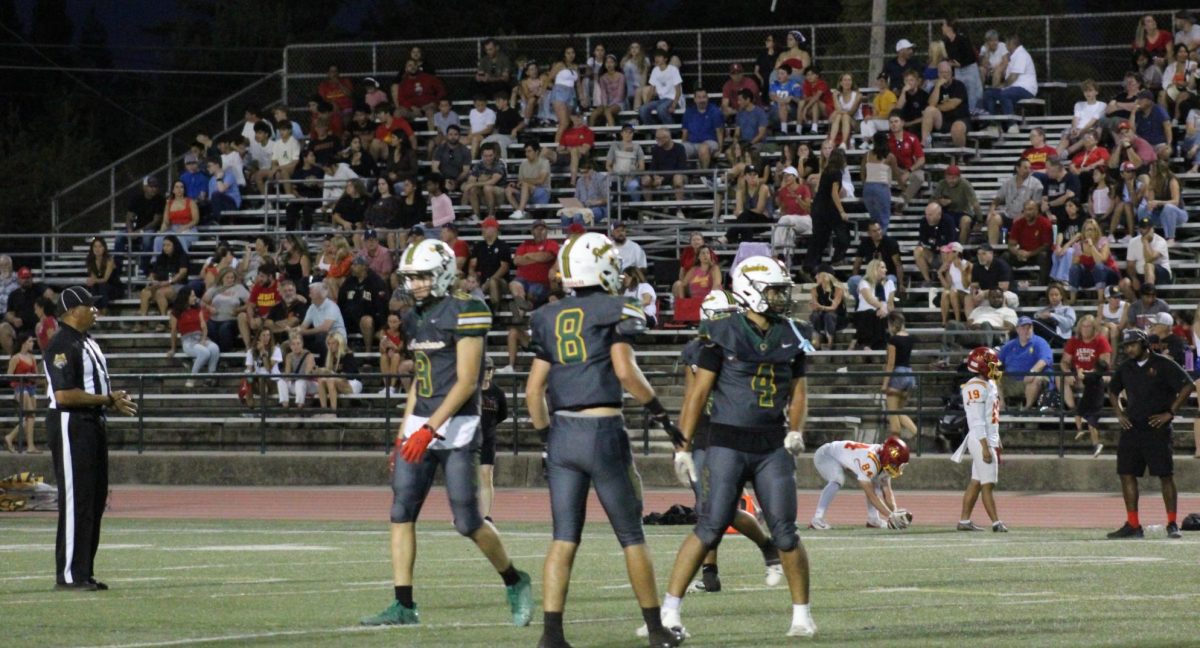President Faces Charges Of Impeachment
The formal impeachment inquiry of President Donald Trump continues to develop, as new information is leaked in the midst of growing tensions in the White House.
While a myriad of Republicans deliver a series of speeches condemning the impeachment trials Bill Taylor, a top U.S. diplomat in Ukraine, delivered his testimony to three of the House committees, much of which confirmed Trump’s communications with Ukrainian officials.
The White House, however, expressed its lack of support of the impeachment inquiry, informing Speaker of the House Nancy Pelosi and fellow House Democrats that it will not cooperate in such effort.
The official investigation began on Sept. 24 when Pelosi announced a formal impeachment inquiry of Trump, in response to what many Democrats viewed as a betrayal of his oath of office. The main concern of those in favor of impeachment centers around a phone call between Trump and Ukrainian President Volodymyr Zelensky on July 25.
The day before this phone call, Robert Mueller testified to Congress over the conspiracies of Russian involvement in the 2016 presidential election, stating that Trump could not be prosecuted. This prompted some of the Democrat’s urge to take the terms of impeachment into their own hands.
Events correlated to the inquiry date back to 2014 when the Russia-supported government in Kiev, Ukraine collapsed, and in response Russia invaded Crimea, claiming the territory.
Hunter Biden, the son of former vice president and 2020 presidential candidate Joe Biden, took a job for a Ukrainian natural gas company only a few months after the annexation of Crimea. This would prove to be something Trump’s attorney Rudy Giuliani would want to expose.
On Aug. 12 2019 a whistleblower filed a complaint about Trump’s communications with Russia to the intelligence community inspector general, Michael Atkinson. Atkinson forwarded the complaint to the Director of National Intelligence Joseph Maguire, but he overruled the concern of the whistleblower.
Atkinson informed the House Intelligence Chairman Adam Schiff, who would subpoena Maguire. When Maguire refused to testify, house speaker Pelosi then stepped in, claiming if the Trump administration continued to resist, serious steps would be taken by Congress regarding the investigation of Trump.
In the following weeks, the whistleblower’s complaint was declassified, the White House released the transcript of the July 25 phone call, and Trump publicly asked China and Ukraine to investigate Joe Biden in conversation with White House reporters.
Reports suggest Trump’s attorney Giuliani shared his suspicions about the Bidens with Trump and pushed the investigation of Hunter Biden and his involvement with Ukrainian corruption. Some believeTrump pressured Ukraine into investigating the Bidens, as he put a hold on Ukraine aid the week before the phone call with Zelensky.
Recently, two Soviet-born donors to the Trump campaign were arrested, more fuel to the democratic impeachment inquiry. These individuals aided Giuliani in his investigations of Joe Biden in addition to illegally attempting to influence American politics on behalf of an unknown Ukrainian politician.
Democrats and other house members, already suspicious of Russian involvement in the 2016 election, do not plan on taking any of these situations lightly.
In previous impeachment inquiries, the full House voted to order the House Judiciary Committee to open formal inquiries. Since Pelosi spoke without these prior actions, Trump’s administration argues that they are not taking part in a formal impeachment process, although the head of the House Judiciary Committee acknowledges the authenticity of the investigation.
Impeachment is a right given to Congress, allowing them to remove a president before the term is completed if enough members agree the president committed treason, bribery, or other high crimes or misdemeanors.
To proceed with the impeachment inquiry, six House committees must send complete cases on impeachment inquiry to the House Judiciary Committee. If the Judiciary Committee finds the evidence to be sufficient the House can then carry out a floor vote.
With a majority vote, the president is officially impeached, although this does not guarantee he is removed from office. Currently, Democrats control the House, giving Pelosi and her followers an edge in this preliminary vote.
The Senate would then hold a trial, assuming the House finds the president guilty of one of the articles of impeachment, followed by a vote to convict the president.
Today Republicans hold the majority in the Senate, where a two-thirds vote is required to formally remove the President from office. Without conclusive, undeniable evidence, this foreshadows an uphill battle for the democratic representatives who hope to disrupt Trump’s administration.





























